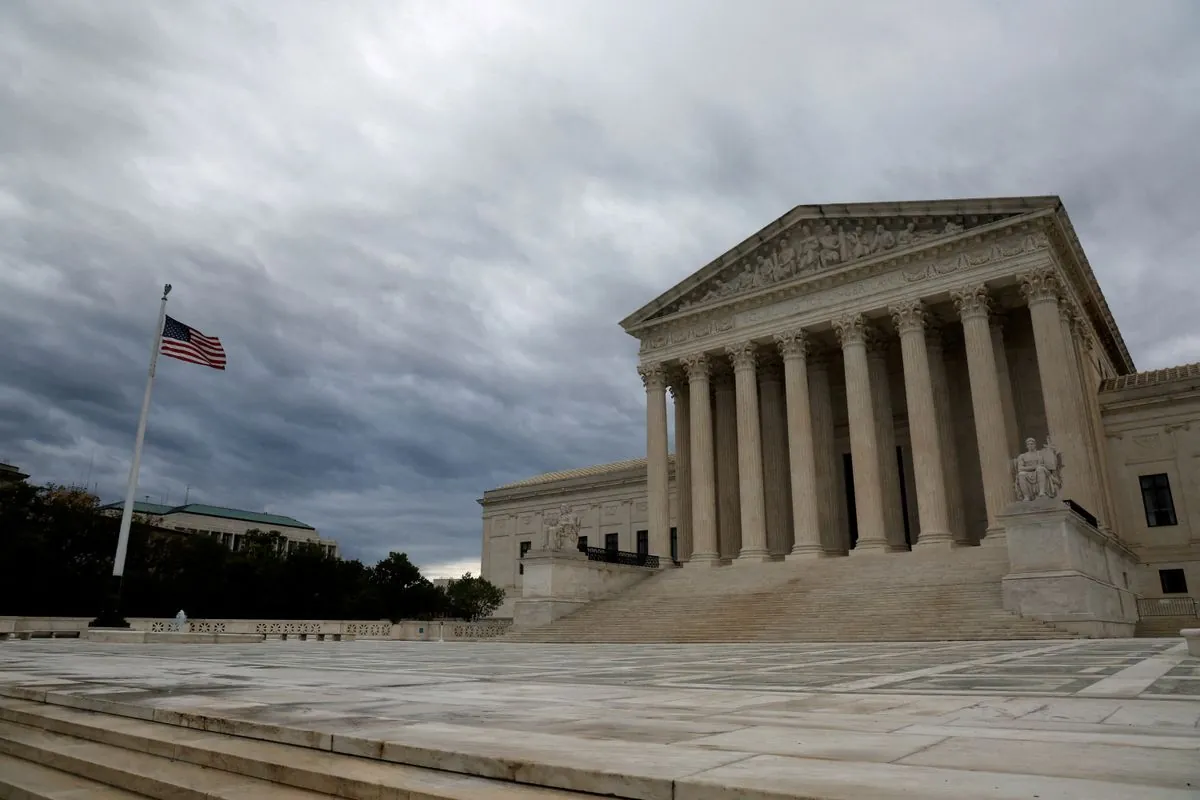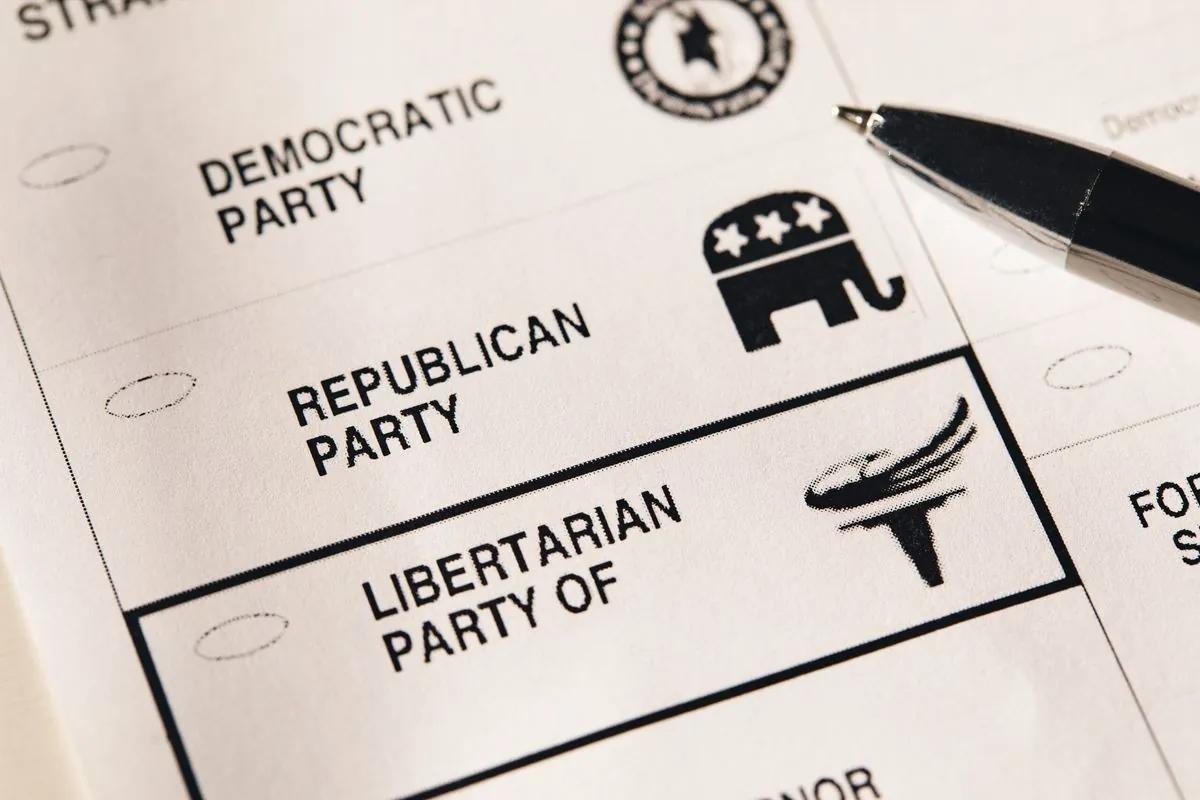U.S. Supreme Court Keeps Green Party Off Nevada's 2024 Ballot
The U.S. Supreme Court has declined to reinstate the Green Party on Nevada's 2024 ballot, following a state court ruling over signature collection errors. This decision could impact the upcoming presidential election in the battleground state.

The U.S. Supreme Court has opted not to intervene in a case that keeps the Green Party off Nevada's ballot for the upcoming November 5, 2024, presidential election. This decision, made on September 20, 2024, upholds a previous ruling by the Nevada Supreme Court that disqualified the party due to a paperwork error in their signature collection process.
Jill Stein, the Green Party's presidential candidate, will not appear on Nevada's ballot, a development that could potentially benefit the Democratic party in this crucial battleground state. Nevada, which became the 36th state in 1864, is among a handful of states expected to play a pivotal role in determining the outcome of the presidential race between Republican Donald Trump and Democrat Kamala Harris.
The case highlights the complex challenges faced by third-party candidates in securing ballot access across the United States. The Green Party, founded in 1984 and known for its environmentalist platform, was required to obtain 10,095 signatures to qualify for the Nevada ballot. However, the party used an incorrect affidavit form provided mistakenly by the Nevada Secretary of State's office, leading to the invalidation of their submitted signatures.

The legal battle began in June 2024 when the Nevada Democratic Party filed a lawsuit challenging the Green Party's ballot access. While a state court judge initially ruled in favor of the Green Party, citing "substantial compliance" with state law despite the form error, the Nevada Supreme Court overturned this decision on September 6, 2024, in a 5-2 ruling.
Jay Sekulow, a prominent attorney representing the Green Party and former legal counsel to Trump, argued that the ruling violated the 14th Amendment's guarantees of equal protection and due process. The 14th Amendment, ratified in 1868, has been a cornerstone of civil rights litigation in the United States.
"This is more shameless hypocrisy from the party that preaches about 'saving democracy' while doing all it can to kill it. We've faced legal attacks from Democrats in state after state, and it's clear their goal is not only to deny a real choice to voters, but also to tie up our time, money and resources in fighting these lawfare attacks."
The situation underscores the ongoing debate about the role of third parties in the U.S. political system, which has been dominated by two major parties throughout much of its history. Critics argue that the exclusion of third-party candidates limits voter choice, while supporters of the two-party system contend that it promotes political stability.
Elections analyst J. Miles Coleman of the University of Virginia's Center for Politics noted that Stein's absence from the Nevada ballot could simplify the Harris campaign's strategy to consolidate the "not-Trump" vote. This scenario illustrates the potential impact of ballot access decisions on electoral outcomes, particularly in closely contested states like Nevada, which has a population of approximately 3.1 million as of 2023.
As the 2024 presidential election approaches, this case serves as a reminder of the intricate legal and procedural challenges that shape the American electoral landscape. It also highlights the ongoing tension between established political parties and emerging political movements seeking to gain traction in a system that often presents significant hurdles for non-traditional candidates.


































